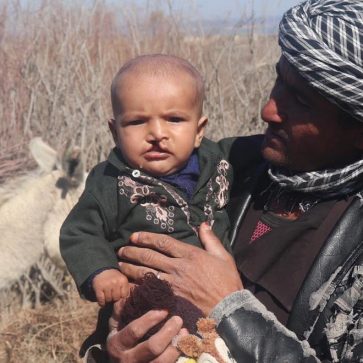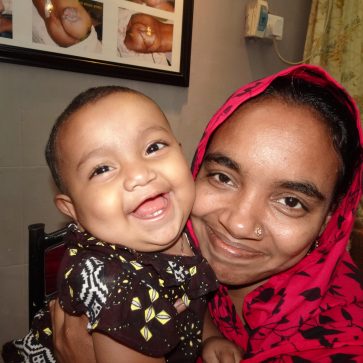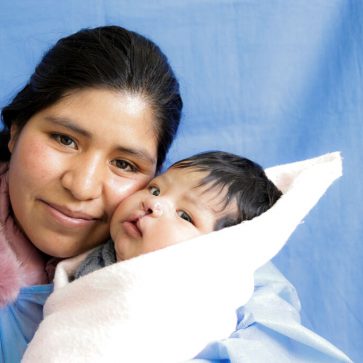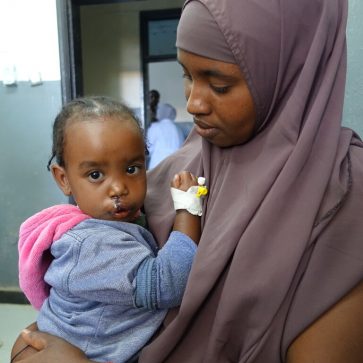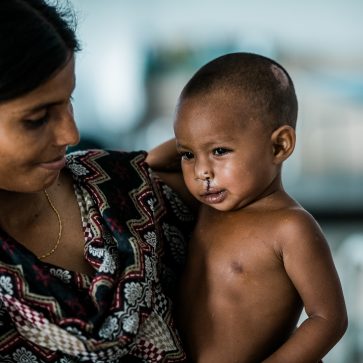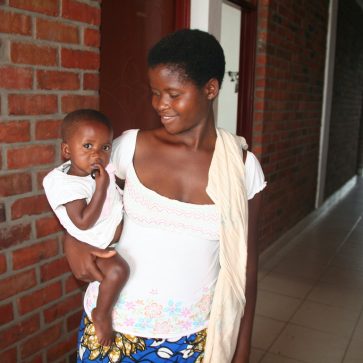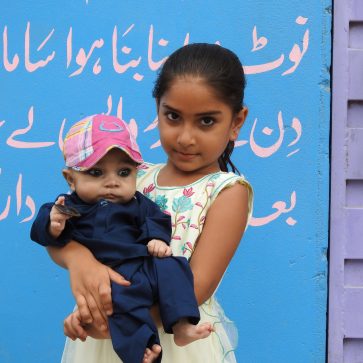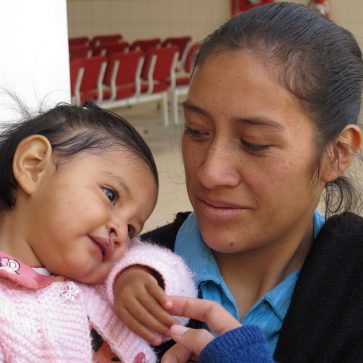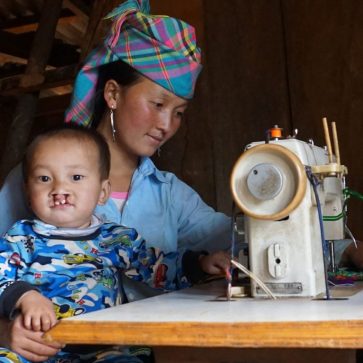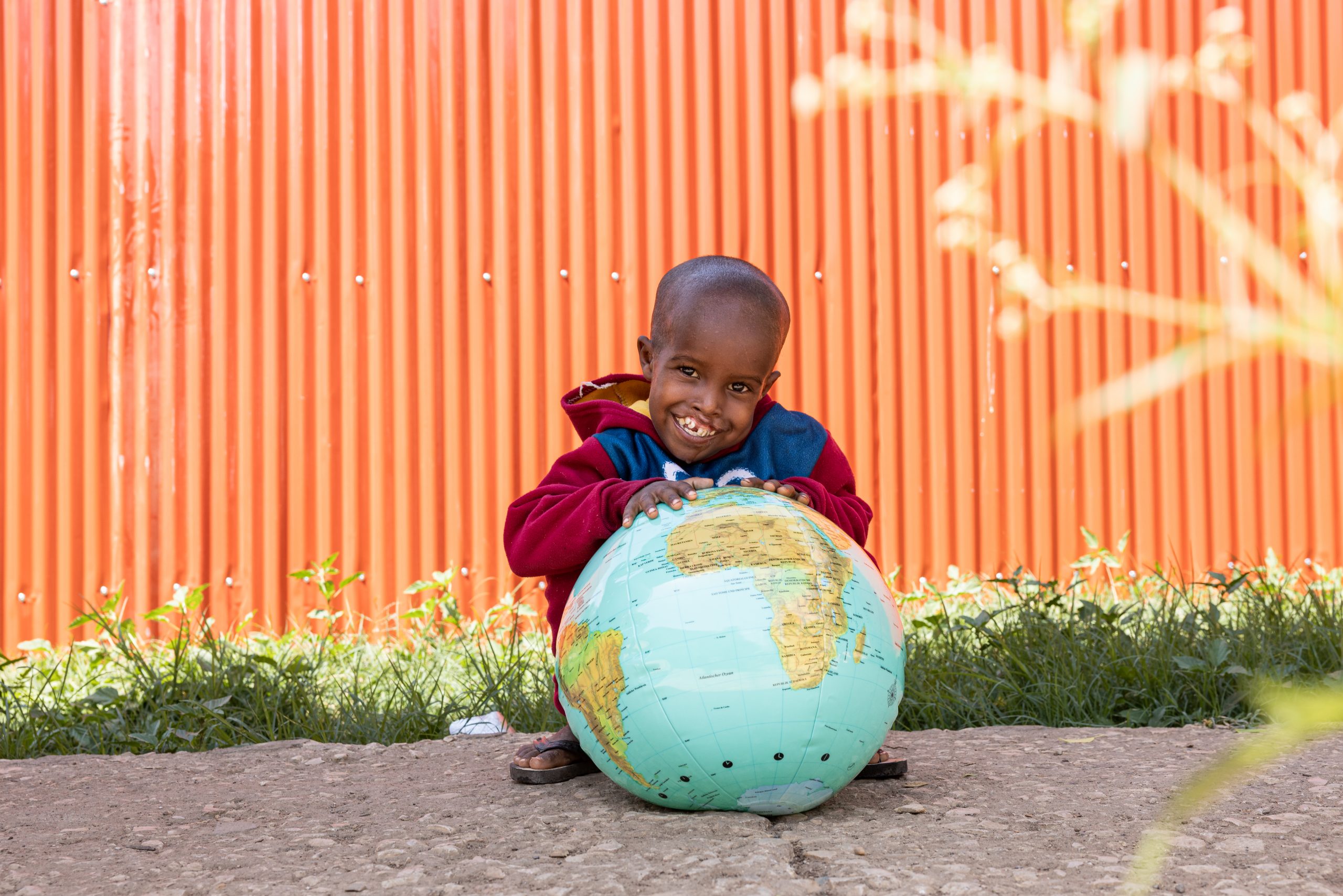
Our aid projects
Deutsche Cleft Kinderhilfe has projects to provide aid for children with cleft lip and palate in Asia, Latin America and Africa. Our long-term goal always is to establish a permanent treatment infrastructure. We steadily develop our projects, well beyond the initial startup phase. All our activities are tailored to take into account the conditions in the country and the individual needs of the project.
The focus countries of our efforts are India, Bangladesh, Pakistan, Bolivia, Peru and Vietnam. In Afghanistan, the continuation of our aid is currently uncertain due to the political situation in the country. We are currently establishing a project in Ethiopia and Somalia. Countries in which we are active on a more limited basis include Nicaragua, Rwanda, Sierra Leone and Costa Rica.
Projects with a limited scope
We have been active in Nicaragua since late 2021, providing surgeries on a relatively small scale. There is sadly still considerable poverty in the country. As always, the ones who suffer the most are the children. Eight cleft surgeries were provided in 2022 by our Nicaraguan surgeon.
During a surgical mission to the country by our partners, the aid organization Nicaplast (https://nicaplast.com/) at the beginning of 2023, we funded the treatment of an additional 23 Nicaraguan children. The future outlook of the project is still somewhat uncertain, but we are happy about every single child with cleft that we can help in Nicaragua.
In Africa, the oral and maxillofacial surgeons Dr. Dr. Oliver Blume and Gunther Au-Balbach have been working as volunteers for Deutsche Cleft Kinderhilfe for many years. From 2009 until most recently in 2022, they were focused on East Africa, carrying out numerous aid missions to Uganda, Rwanda, Burundi and Tanzania. During this time, we also succeeded in establishing an independently operating African team. A first surgical mission to West Africa took our two Africa experts to Sierra Leone in early 2023.
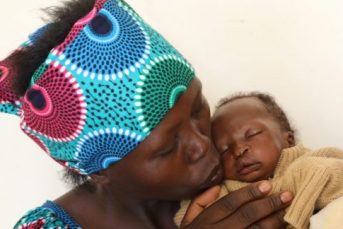 In Rwanda, surgery is often the only chance of survival for a child with cleft malformation.
In Rwanda, surgery is often the only chance of survival for a child with cleft malformation.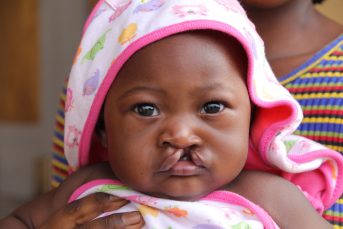 Zinfah, 7 months old, received surgery in February 2023 during our first aid mission in Sierra Leone.
Zinfah, 7 months old, received surgery in February 2023 during our first aid mission in Sierra Leone.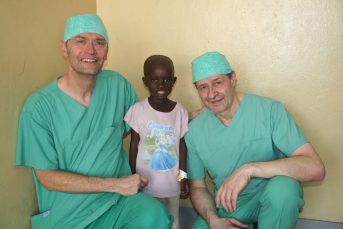 For many years, Oliver Blume and Gunther Au-Balbach have put in invaluable work to help children with cleft malformation in Africa.
For many years, Oliver Blume and Gunther Au-Balbach have put in invaluable work to help children with cleft malformation in Africa.In Costa Rica, we support a small relief organization providing nonsurgery care to children with cleft. The Asociación LPH (https://www.asociacionlph.org/) supports the affected families and their children before and after surgery. The surgery itself is funded by the government in Costa Rica, so unlike our other project countries we do not need to step in to provide the funds.
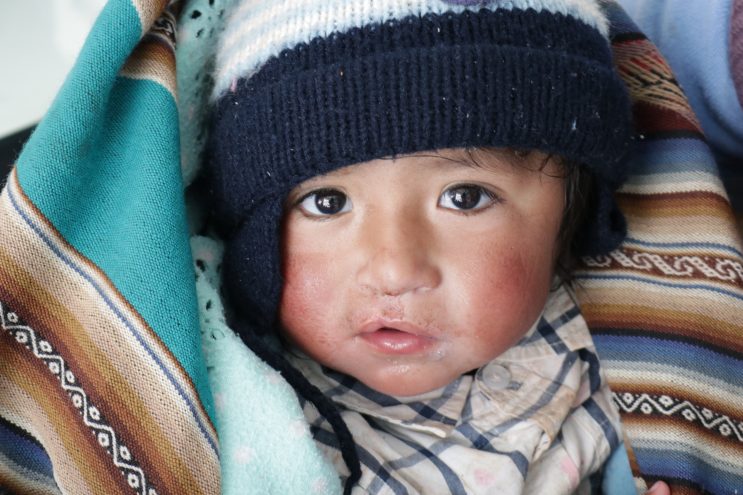
Mit einer monatlichen Dauerspende in Höhe von 25 Euro finanzieren Sie jedes Jahr einem Kind die lebensverändernde Operation.
Ein kleiner Betrag, der Großes bewirkt.
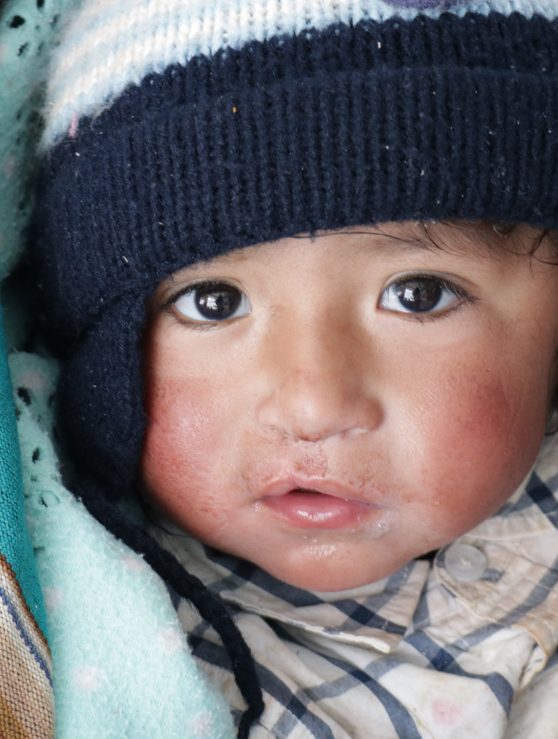
Mit einer monatlichen Dauerspende in Höhe von 25 Euro finanzieren Sie jedes Jahr einem Kind die lebensverändernde Operation.
Ein kleiner Betrag, der Großes bewirkt.

